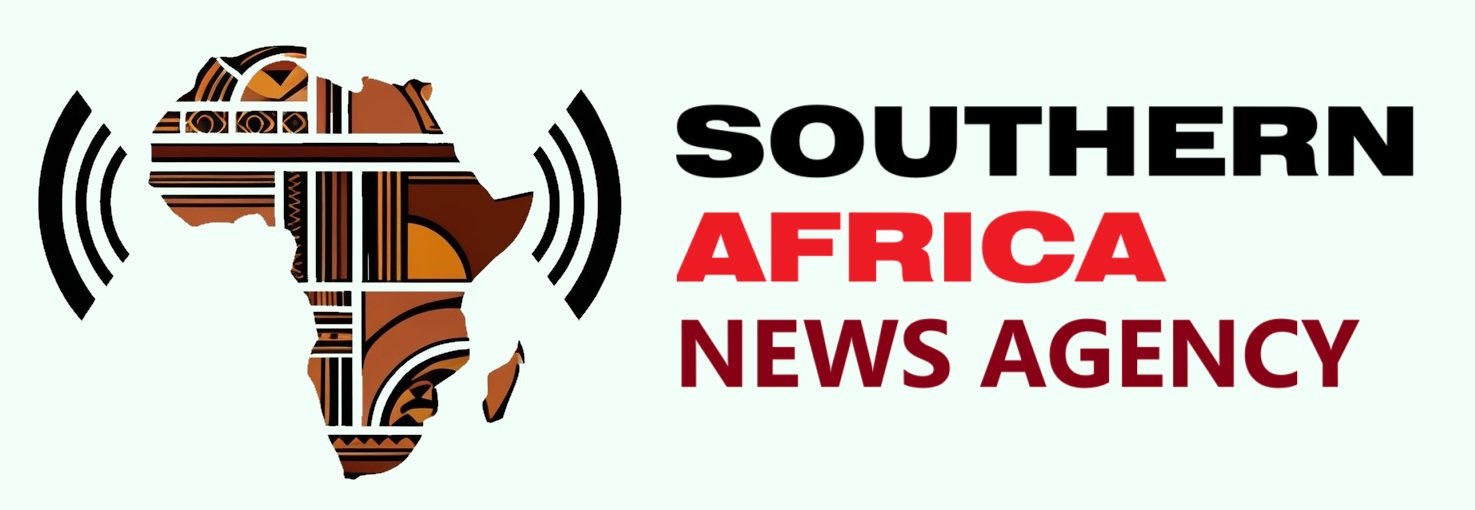Court ruling highlights insurer accountability
The Gauteng High Court not too long ago dismissed a authorized battle between Discovery Health and the Road Accident Fund (RAF). The judgment reaffirmed the authorized separation between medical aid schemes and the RAF, clarifying the ideas of subrogation and the distinct obligations these entities owe to South African residents.
This ruling highlights the significance of legislative intent and equitable entry to public sources.
The Crux of the Case
The case revolved round Discovery Health’s try to say reimbursement from the RAF for medical bills it had already lined for its members injured in street accidents.
Discovery Health argued that it ought to step into the sneakers of its members and get better these prices immediately from the RAF, counting on the precept of subrogation. Subrogation, in easy phrases, permits an insurer to imagine the authorized rights of its insured after compensating them.
For occasion, if an insurance coverage firm pays for damages brought on by a 3rd occasion, it could actually then declare these damages from the third occasion on behalf of the insured.
The dispute arose as a result of Discovery believed that RAF funds for previous medical bills (already paid by medical schemes) had been attributable to their members, and by extension, to the medical scheme itself. This declare was rooted in earlier circumstances the place courts had ordered the RAF to reimburse claimants for bills lined by medical schemes.
The RAF, nonetheless, opposed the declare, arguing that its funds are reserved for compensating accident victims immediately, not for reimbursing medical schemes or insurers. The matter escalated to the High Court for adjudication.
Key Findings
Subrogation Does Not Apply
The courtroom dominated that subrogation, a doctrine relevant to indemnity insurance coverage, doesn’t lengthen to medical schemes, as their nature and obligations differ considerably from conventional insurers.
RAF’s mandate
The courtroom underscored that the RAF Act, supported by the Medical Schemes Act, creates clear boundaries. The courtroom emphasised that the RAF’s position is to compensate street accident victims for damages, together with medical bills, misplaced earnings, and basic damages.
The RAF Act doesn’t envisage medical schemes or insurers as claimants. The funds managed by the RAF come from gas levies and are supposed for accident victims, not non-public entities looking for reimbursement.
Medical schemes should fulfil their statutory obligations with out anticipating reimbursement from the RAF.
Policy and Equity Considerations
The courtroom additionally highlighted the broader implications of permitting such claims. If medical schemes had been permitted to say from the RAF, it will prioritise people who have already got entry to non-public medical protection over these reliant on public healthcare methods. This would undermine the RAF’s mandate to make sure equitable distribution of its restricted sources.
Court not satisfied about Discovery’s authorized argument
The courtroom dismissed Discovery’s utility, affirming that medical support schemes can not declare immediately from the RAF beneath the guise of subrogation. The courtroom additionally famous that Discovery’s argument lacked a correct authorized foundation, because the precept of subrogation doesn’t lengthen to medical schemes.
The RAF’s major obligation is to accident victims, to not non-public entities or insurers. Allowing such claims would create inequities within the distribution of public funds.
Implications of the Ruling
This judgment underscores the authorized boundaries separating private and non-private entities in South Africa’s social safety framework. Medical schemes are contractual service suppliers, not indemnity insurers. They can not declare from third events just like the RAF until explicitly authorised by legislation.
The RAF’s sources are reserved for accident victims, guaranteeing equitable compensation for all, together with these with out non-public insurance coverage.
The ruling units a precedent that might discourage medical schemes from pursuing comparable claims. However, the broader query of how medical schemes and the RAF ought to coordinate to keep away from duplication of advantages stays unresolved.
Medical schemes and RAF are separate and distinct
The dismissal of Discovery Health’s declare towards the RAF reaffirms the distinct roles of medical schemes and the RAF.
While Discovery argued for equity and precedent, the courtroom prioritised legislative intent and fairness, guaranteeing that the RAF’s sources stay targeted on accident victims.
Insurers Shifting Blame: A Misguided and Absurd Practice
Once again, medical aid schemes demonstrate a glaring misunderstanding of their own mandate and obligations, as evidenced by Discovery Health’s ill-conceived declare towards the RAF. Insurers, whose core goal is to compensate members for unexpected occasions, seem more and more unwilling to shoulder this duty.
Instead, their modus operandi has turn out to be one in every of blame-shifting and exploiting authorized loopholes to dump prices onto public establishments just like the RAF. This declare, and others prefer it, isn’t solely legally unfounded but additionally patently absurd.
Courts should not solely dismiss such makes an attempt however actively rebuke and discourage insurers from pursuing comparable claims sooner or later, as they undermine the integrity of social safety methods and erode public belief.
This case highlights the complexities of balancing non-public contractual obligations with public statutory mandates, a debate that’s removed from over.
DO YOU THINK MEDICAL AID SCHEMES KEEP GETTING IT WRONG?
Let us know by clicking on the remark tab under this text or by emailing data@thesouthafrican.com or sending a WhatsApp to 060 011 021 1. You also can observe @TheSAnews on X and The South African on Facebook for the newest information.


